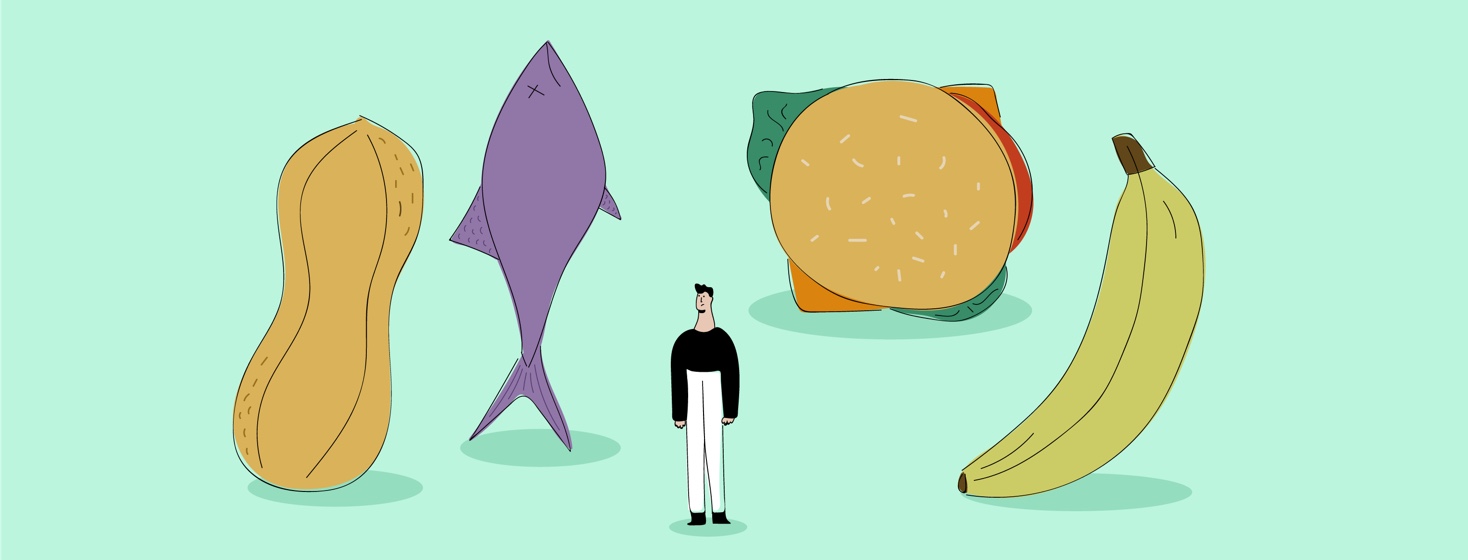Nutrition and Eating
I was diagnosed on a Tuesday and started chemotherapy on Wednesday, the very next day. We asked the doctor what I should eat and he said I should eat lots of protein and just about anything else I wanted, that if I had an appetite and could put on pounds that this was a good sign. That sounded great to me. However, with my myeloma, my kidneys were damaged and the kidney doctor I saw on Thursday said I needed to go on a strict renal diet, which means eating food that is very low in potassium and phosphorus and I shouldn’t have too much protein. Confusing and contradictory, right?
It gets more confusing. I had been sick and progressively feeling worse daily for about three months leading up to my diagnosis. I had given up eating meat a few months before I started feeling fatigued and weak. I had attributed my fatigue to not getting enough protein in my diet. I had upped my intake of nuts and beans to increase protein in my diet. After seeing the kidney doctor and in researching renal (kidney) diets, we learned that beans and nuts were things I needed to avoid. So I figured I would eat fish as my protein source, but my oncologist suggested I minimize fish since my immune system was compromised and fish could be risky. A renal diet is also low dairy, so that ruled out cheese as my protein source.
So, what can I eat?
Add to the nutritional challenge, that typically a myeloma patient gets a massive dose of steroids as part of their treatment and that gives one a huge appetite. Within six months of being diagnosed, I was eating hamburgers and had gained nearly 30 pounds. Both my primary oncologist and myeloma specialist acknowledged that medical schools don’t really spend a lot of effort educating future oncologists on eating.
My kidney doctor suggested we look at DaVita’s website for foods and recipes that would be renal diet friendly. We also went to a couple of nutritionists for help. The challenge there was that for nutritionists failing kidneys combined with cancer weren’t the normal characteristics of their patients. Plus, for me, insurance didn’t cover the nutritionist visits, which seems crazy.
Getting the support I needed
As time went by, we sort of figured things out. LiveStrong was a huge help, offering diet and fitness tips for cancer patients. DaVita proved to be quite valuable. Very recently I learned that the Leukemia and Lymphoma Society offers free one on one phone or email consultations with registered dieticians with expertise in oncology nutrition. You can go to LLS.org for more information or call 877-467-1936 X 101 to schedule an appointment. The Cancer Support Community also offers nutrition classes and usually have a library with some good resources on nutrition.
For me, as my myeloma improved, so did my kidneys and I was able to pivot away a little bit from the renal diet, although my kidney doctor last month suggested I don’t pivot too far away. I still undergo treatment and take steroids, but we have lowered the dose and I’ve been able to drop those freshmen 30.

Join the conversation